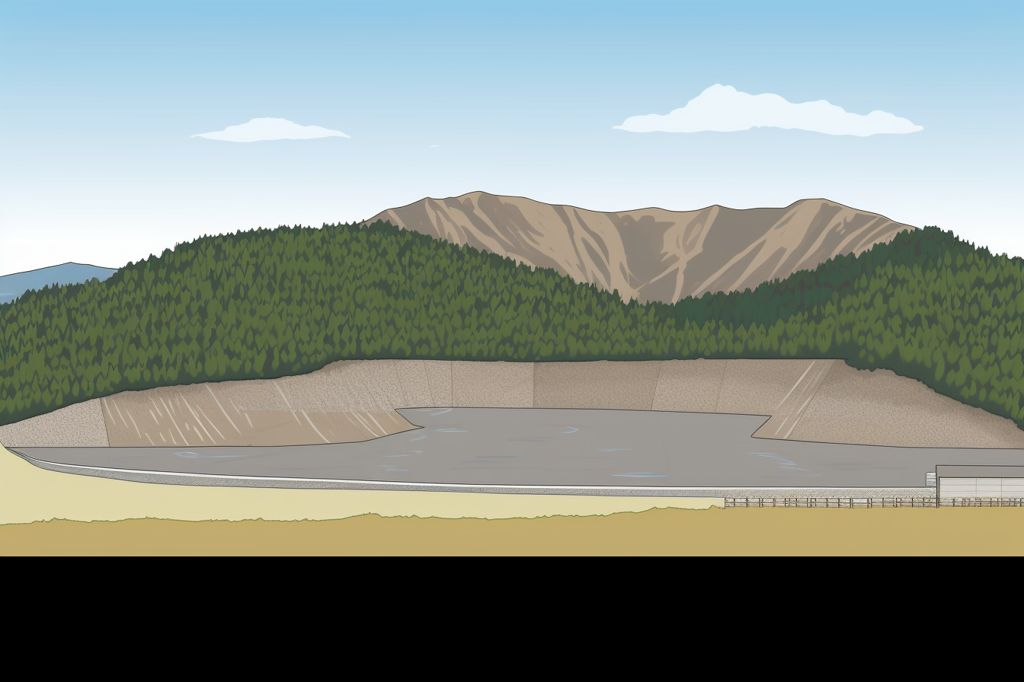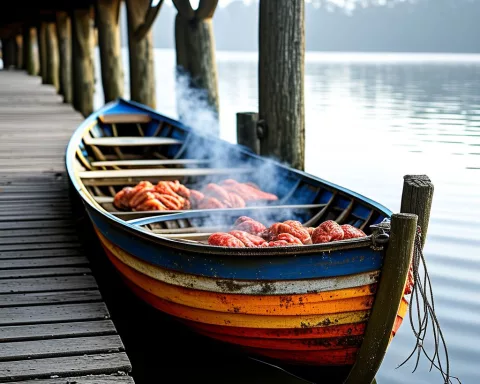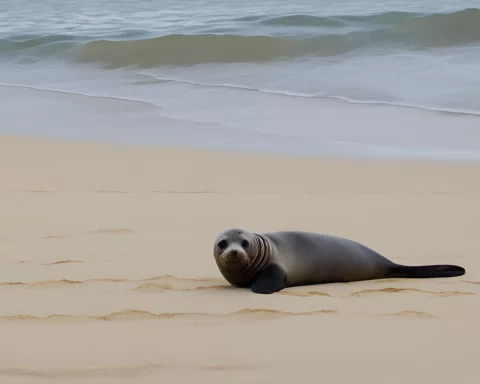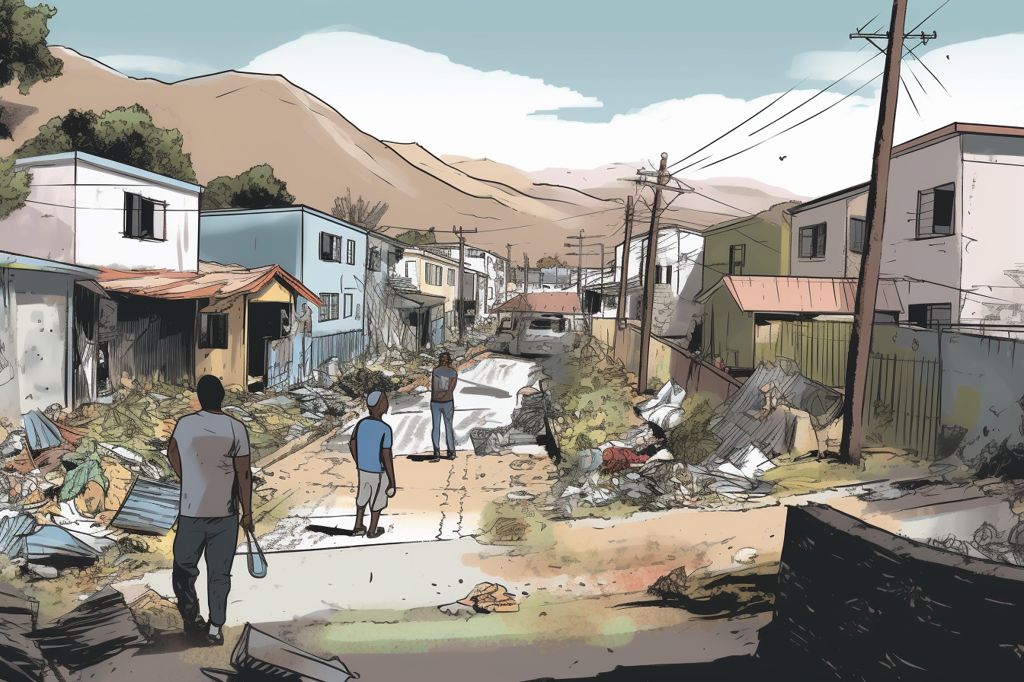Background Information
Mining houses in South Africa are urged to register their tailings dams to ensure compliance with dam safety regulations. The South African Department of Water and Sanitation (DWS) is updating its database of all tailings dams that meet the requirements to be classified as Dams with a Safety Risk.
Definition of Tailings Dams and Dams with Safety Risk
Tailing dams store water and waste that arise as by-products from mining processes. Dams with Safety Risks are those dams with a minimum height of five meters and can hold over fifty thousand cubic meters of water or water-containing substance.
Importance of Registration
The DWS is urging mining houses that still need to register their dams as required to submit their information for classification. This will ensure that these dams are regulated and that the department can monitor them as needed for the National Water Act and the Dam Safety Regulations.
Accuracy of Information
The DWS calls on mining houses to provide accurate information to ensure their dams are registered and compliant. A registered engineering professional with knowledge of dams and tailings storage facilities should compile the data. The Dam Safety Regulation Director emphasized the importance of providing accurate information.
Collaboration with DMRE
The department will collaborate with the Department of Mineral Resources and Energy (DMRE) to ensure compliance. In addition, correspondence has been sent to at least 337 tailing dams so they can be classified as dams with a safety risk should they meet the requirements.
Legal Requirements
As the custodian of water resources in the country, DWS is empowered by the National Water Act to regulate dams to improve the safety of new and existing dams with a safety risks. Section 120 in the National Water Act requires the owner of a dam with a safety risk to register the dam within 120 days after the date the dam meets the requirements to be classified as a safety risk.
Commitment to Safety
The DWS is committed to ensuring tailings or Mine residue deposit dams comply with dam safety regulations. The safety of these dams is of utmost importance and cannot be compromised. Therefore, mining houses should take appropriate measures to ensure that their tailing barriers comply with safety standards and do not pose any risks to the environment, communities, and the public.
Contact Information
For any additional information on these dams, interested parties may e-mail greylingjm@dws.gov.za.












